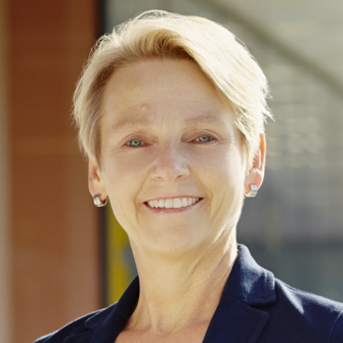York University is embarking on a new era of internationalization with the launch of Engaging the World: York University’s Internationalization and Global Engagement Strategy, 2022-2027. The strategy reflects a commitment to Advancing Global Engagement, one of the six priorities for action identified under the University Academic Plan, and expands York’s position as an agent of positive change on global challenges such as climate change, poverty, systemic inequality and political polarization.
The plan builds on work already underway, integrating and elevating internationalization and global engagement with an intention to focus on established areas of success. The University will continue to develop meaningful partnerships that enhance research and student learning opportunities, while expanding the global reach of new ideas and discoveries. The University will embrace new technologies to achieve the goals, and efforts will be expanded to engage more diverse populations in the pursuit of knowledge.

“Internationalization has long been a part of York University’s identity since it was founded in 1959 and is a defining feature of our community,” says Rhonda Lenton, president and vice-chancellor. “The pandemic has significantly impacted global engagement and has reminded us all about the imperative for cross-border collaboration in responding to complex, global problems such as health care, climate change and political polarization. York’s Global Engagement and Internationalization Strategy answers the call for action in finding solutions to the world’s most pressing challenges outlined in the United Nations Sustainable Development Goals (UN SDGs). The strategy will drive positive change by enhancing international learning experiences, making education more accessible for international students, and opening the door for enhanced partnerships and research opportunities.”
The President’s Council on Internationalization and Global Engagement led the development of the strategy starting in 2019. Members included domestic and international students at all levels, faculty members from across the institution with expertise in internationalization, the York University English Language Institute, York International, and the divisions of Research & Innovation, Students and Advancement.
From September 2019 to March 2020, the council led consultations with Faculty councils, students, staff, alumni, local and global partners alongside administrative and governance committees. While there was a pause during the pandemic as the University responded to global events, the plan was strengthened and shaped by lessons from this global health crisis with additional focus on sustainability and support for new technologies.
Four strategic priorities will guide the work of the University’s Faculties and departments, and provide the flexibility needed to set goals depending on individual contexts and objectives, including:
- expanding inclusive global and intercultural learning;
- enhancing the experience of international students;
- engaging in global research and innovation; and
- elevating global stewardship, partnerships, profile and impact.
The strategy will champion York’s vision for the future, focusing on core values such as promoting academic freedom, reciprocity, mutuality, quality and access. It also aims to ensure that infrastructure is in place to support collaboration across the University to create strong and impactful partnerships beyond York’s campuses.
While the strategy complements the University Academic Plan, it also supports the latest Strategic Research Plan, Sustainability Strategy and other key institutional strategies.

Lisa Philipps, provost and vice-president academic, says “The last three years have been transformative in higher education. We have piloted many new approaches to advance global engagement and this strategy sets the table for how we can further amplify the work that is already underway.”
Next steps for advancing the strategy include bringing together colleagues from across the University to inform the implementation of initiatives for each of the four priorities. Country and regional tables will also be launched to support engagement and coordinated efforts across the University. Finally, York will create a Global Alumni Leadership Council from diverse sectors and regions to draw on expertise, mobilize resources and strengthen global alumni networks in support of the University’s strategic priorities.
The strategy will guide the development of operational plans that will be incorporated and assessed through divisional and Faculty Integrated Resource Plans, and in particular, actions that engage academic units, staff and faculty members. Over the coming year, University-wide working groups will be created to engage in priority countries, regions and collaboration opportunities.


